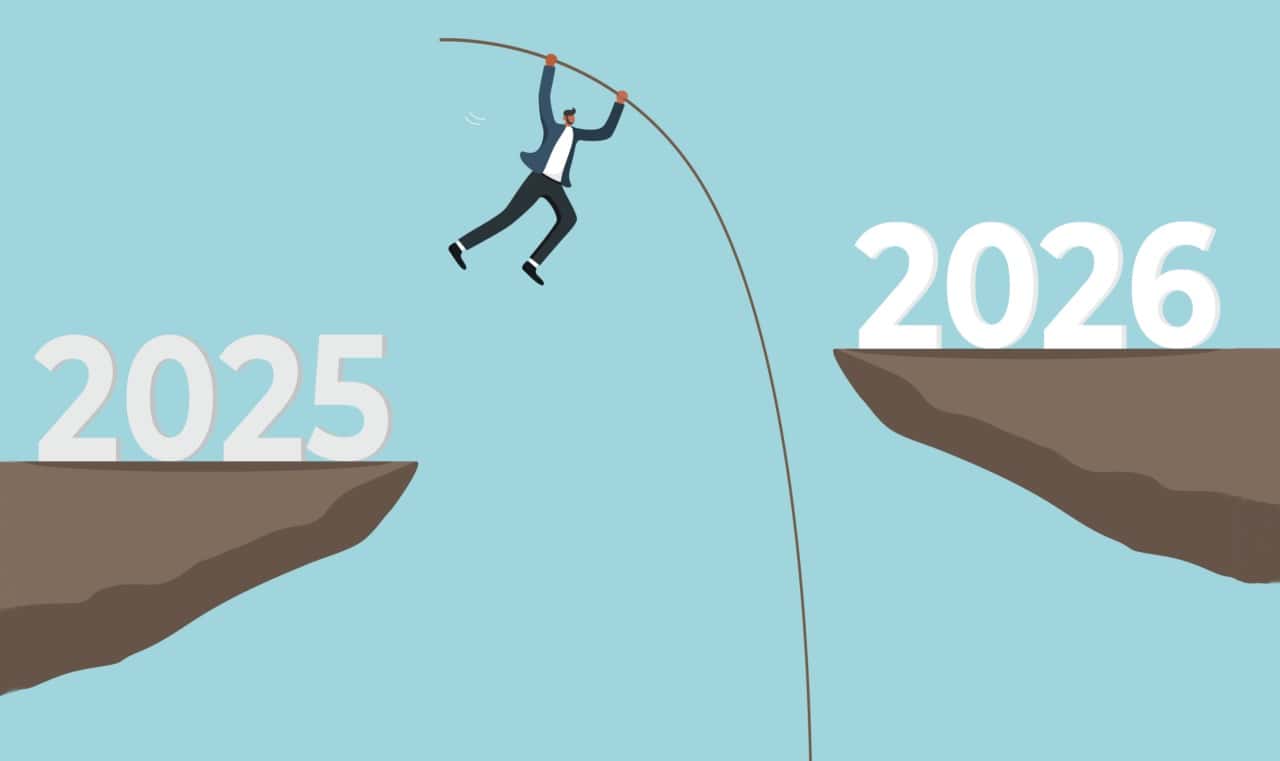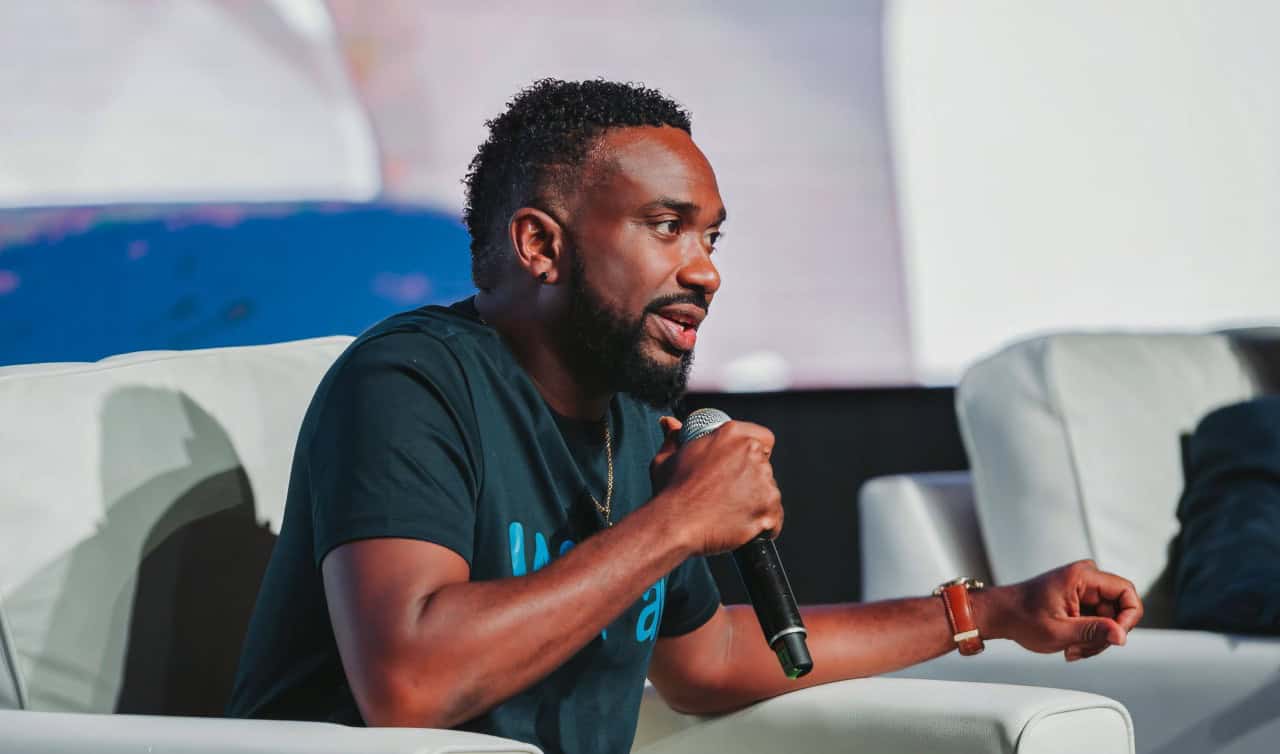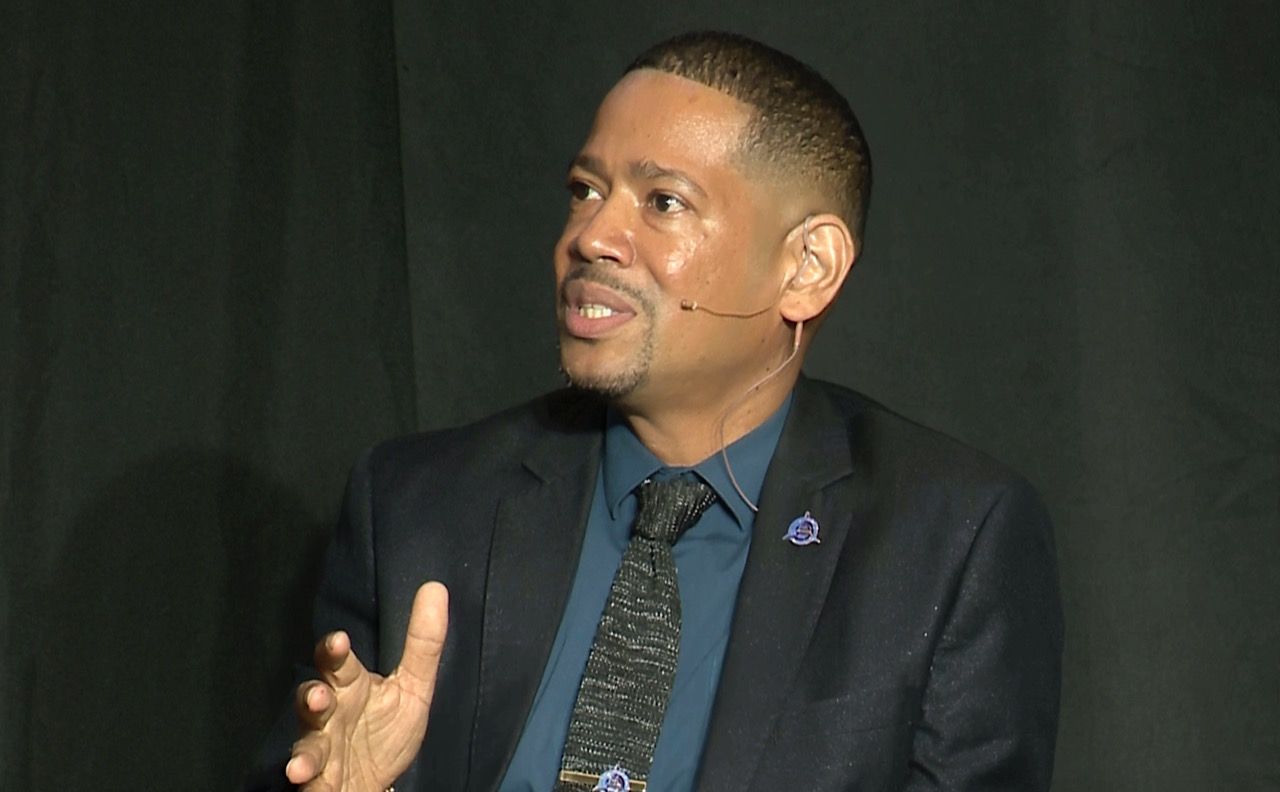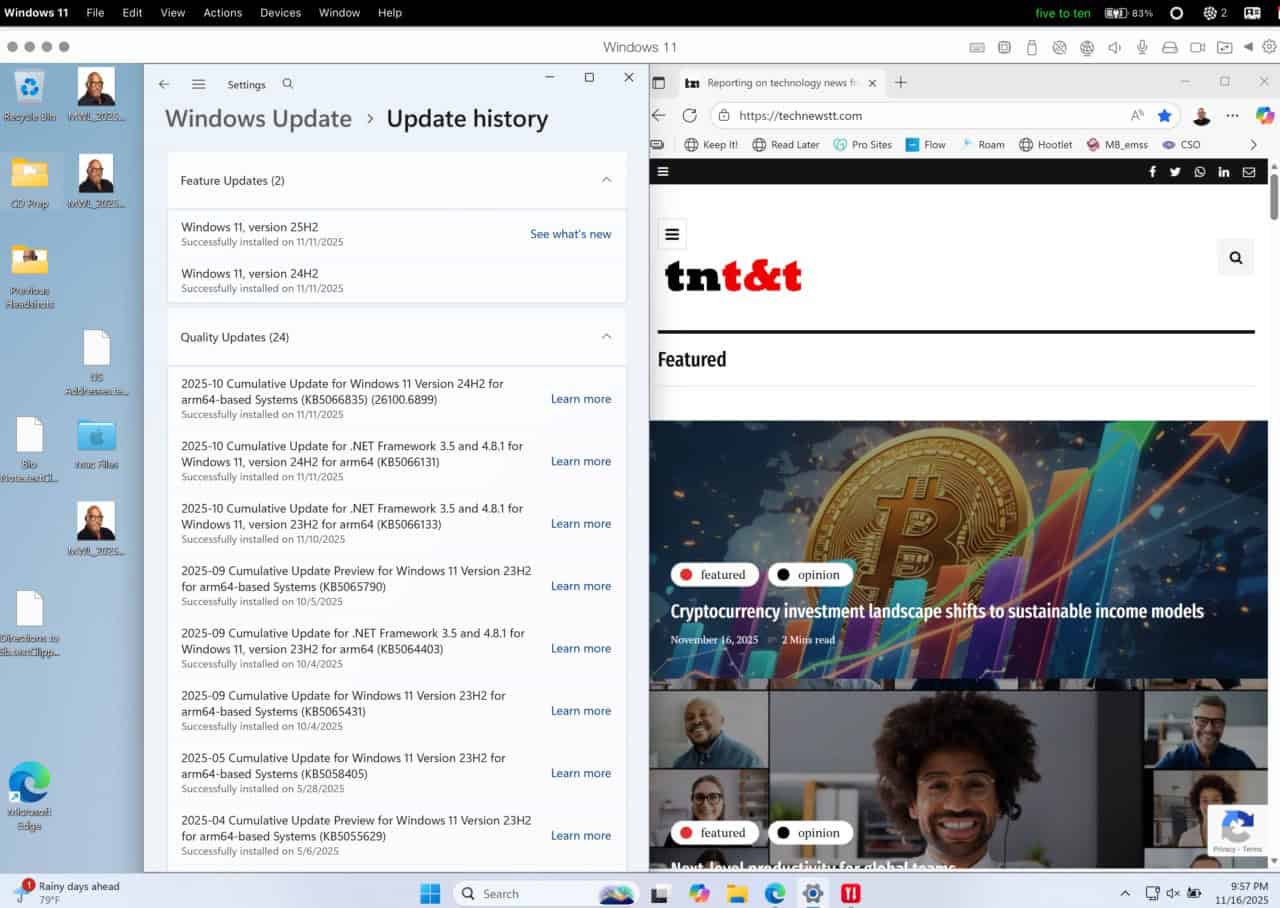
Above: Post.News CEO Noam Bardin.
BitDepth#1456 for April 29, 2024
Who’s dead now, you might be saying?
Post.News was born in the dark days of dissatisfaction with the Musking of Twitter, which led to several alternative micro-blogging services either being established or gaining new attention.
At launch, Post set out to champion journalism with a value proposition of news as both an accessible feed and a source of micropayments for creators.
Post described the new platform as a social feed for news and every new user got 50 points that could be used to pay to read stories on the platform for which a small unlock fee was asked (usually around five points per story).
You could discover news without a subscription and pay for just the news items that struck your fancy on the fly. In theory.
It wasn’t a new concept. European news publishers were experimenting with similar buffet style news delivery options years before, inviting browsing of the news product with a commitment to pay for only what you were actually interested in reading.
Post started off with promise.
Launched two years ago, I was an early adopter. When Post removed its waitlist, it had 430,000 users, which compared well with Threads’ first-day tally of one million, but growth apparently stalled.
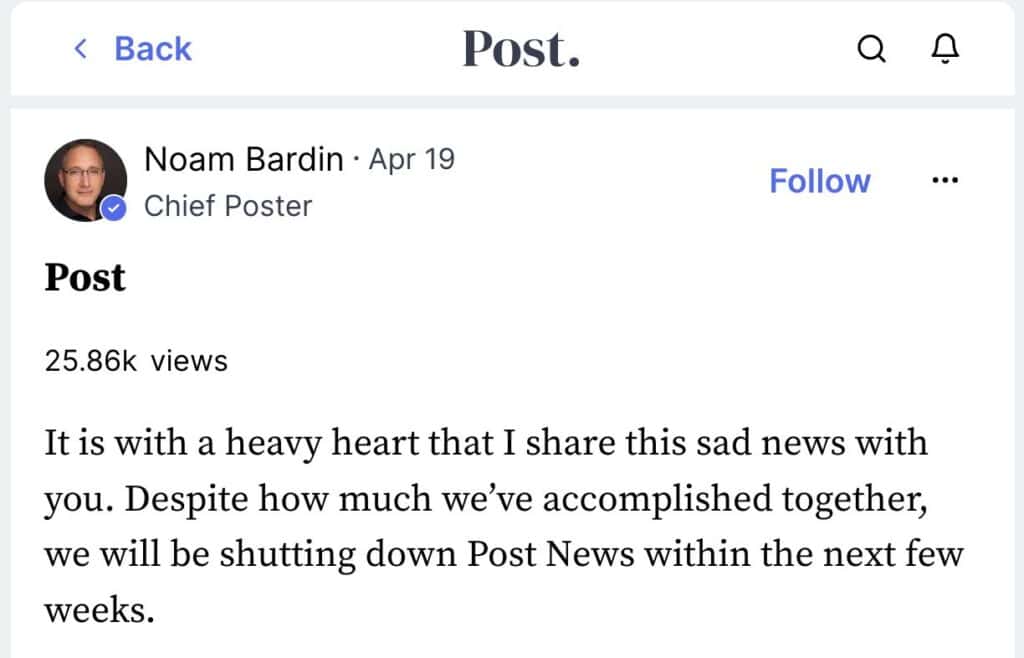
Founder Noam Bardin (former CEO of Waze) announced on April 19 that, “At the end of the day, our service is not growing fast enough to become a real business or a significant platform.”
Other Twitter alternatives have faltered, and the post-Twitter world has fractured into multiple players.
Market survivors Threads, BlueSky and Mastodon each have pledged to offer improved exchange of user communications through Mastodon’s open source Fediverse protocol, but what that actually means in practice isn’t clear yet.
Beyond an effort to offer a less hostile micro-blogging experience, Post was an attempt to recreate the potential of news discovery and revenue generation on a platform dedicated to journalism and that’s rare enough.
That Post failed isn’t the point.
Online ideas for journalism fail continually. It shouldn’t be surprising that projects designed to help the faltering business model of modern journalism also end up falling victim to their own shaky business model when so much is changing in the field.
The Civil Registry was an attempt to create a curated group of reliable online news-desks as a first step in improving their outreach.
Wordproof, a blockchain tool I still use to establish publication provenance hasn’t proved wildly popular nor has it stopped scrapers from stealing my work and rewording it with clumsy AI.
There are more ideas targeting online journalism available, but I can’t afford most of those.
Fresh alternatives to journalism distribution are more relevant than ever now after Google’s April 19 showdown in California.
Fresh alternatives to journalism distribution are more relevant than ever now after Google’s April 19 showdown in California.
In retaliation for the passage of Assembly Bill 886, the California Journalism Preservation Act that would compel Google to pay media houses for content on its platforms, the search engine company began removing links to news sources from the US state (Meta’s statement after it blocked news in Australia is here).
In response, California senate president Mike McGuire described Google’s response as “bullying” and “a breach of public trust.”
There’s little point in rehashing all the mistakes that news organisations made on the internet as it went mainstream. Some of those errors are now so entrenched that they are mostly irreversible.
But one unnecessary and continuing mistake can be corrected if media houses realise that their competition is no longer each other, but the effortless, unpaid repurposing of primary reporting that fuels much of online discourse.
Creating a clearer demarcation between authoritative and accountable source news reporting and, well, everything else, will demand an unprecedented level of collaboration between former rivals on general principles.
Only that level of collaboration can fund the kind of tools and systems that are necessary to create tangible change.
There are only two models of development that work on the internet.
Vertical market, costly solutions that are attractive because they deliver value to the businesses that can pay for them and open source, widely used solutions that lure developers to the revenue potential of a larger market.
Media houses still operate as if they are in the first model when they are clearly in the second.
In-house content management systems hand-coded for a single customer proved to be far less practical than specialised adaptation of open source code.
The largest Caribbean publication barely cracks the numbers of a small town US newspaper, and we’ve already seen what’s been happening to those papers.
The idea that Google, Meta, Amazon and Apple cared about journalism was a mistake of staggering proportions. Google and Meta think nothing of the harm of dropping news links. Amazon has spiked its magazine and subscription offerings.
Post News was an attempt to build a social platform that had journalism as its core feature. It failed, but it shouldn’t be the last effort to create an effective space for accountable reporting.
Much deeper, more collaborative thinking is needed to preserve journalism as a source of independent primary reporting.











